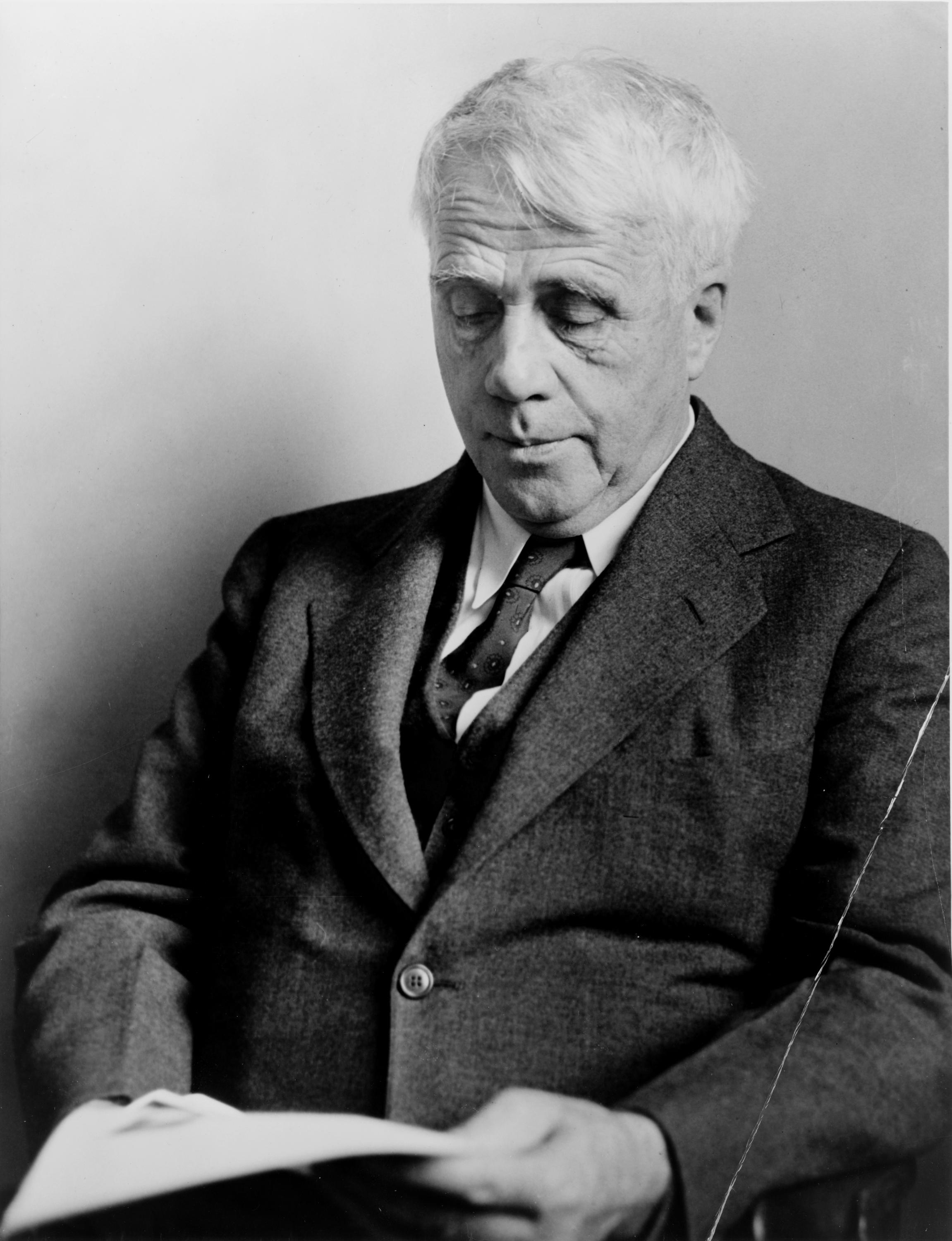Last week we heard from five of our staff members who shared their favorite poems in honor of National Poetry Month. Well, we have more than five staff members, so we thought another round of compiled poems would be apropos for this week!
Enjoy five more picks from our staff here at Maryland Humanities!
Our Communications Specialist Sarah Weissman chose the poem “We Grow Accustomed to the Dark” by Emily Dickinson.
“Within the past few years, I’ve started reading the poetry of Bertolt Brecht, which I have a great affinity for. He was born in Berlin in 1898 and went into exile in 1933.”
“We Grow Accustomed to the Dark” by Emily Dickinson
We grow accustomed to the Dark –
When light is put away –
As when the Neighbor holds the Lamp
To witness her Goodbye –
A Moment – We uncertain step
For newness of the night –
Then – fit our Vision to the Dark –
And meet the Road – erect –
And so of larger – Darknesses –
Those Evenings of the Brain –
When not a Moon disclose a sign –
Or Star – come out – within –
The Bravest – grope a little –
And sometimes hit a Tree
Directly in the Forehead –
But as they learn to see –
Either the Darkness alters –
Or something in the sight
Adjusts itself to Midnight –
And Life steps almost straight.
Our Office Manager Susan chose the poem “Your Laughter” by Pablo Neruda.
“I don’t know if this is my favorite poem, but I love that this poem resonates with my whole way of being.”
“Your Laughter” by Pablo Neruda
Take bread away from me, if you wish,
take air away, but
do not take from me your laughter.
Do not take away the rose,
the lance flower that you pluck,
the water that suddenly
bursts forth in joy,
the sudden wave
of silver born in you.
My struggle is harsh and I come back
with eyes tired
at times from having seen
the unchanging earth,
but when your laughter enters
it rises to the sky seeking me
and it opens for me all
the doors of life.
My love, in the darkest
hour your laughter
opens, and if suddenly
you see my blood staining
the stones of the street,
laugh, because your laughter
will be for my hands
like a fresh sword.
Next to the sea in the autumn,
your laughter must raise
its foamy cascade,
and in the spring, love,
I want your laughter like
the flower I was waiting for,
the blue flower, the rose
of my echoing country.
Laugh at the night,
at the day, at the moon,
laugh at the twisted
streets of the island,
laugh at this clumsy
boy who loves you,
but when I open
my eyes and close them,
when my steps go,
when my steps return,
deny me bread, air,
light, spring,
but never your laughter
for I would die.
Our Program Officer for Grants & Strategic Partnerships, Marilyn, chose “I talk Black” by Lady Brion, a powerful spoken word poem.
Anna, our Program Assistant for Maryland History Day, Chautauqua, & Veterans’ Programs, chose “A Lexicon of Trees” by Britton Gildersleeve.
“This is one of my favorites! Trees have always been important markers space and place for me. I instantly connected with trees as a way of marking and cataloging relationships and time spent. Every time I read it I walk outside with a new appreciation for all the greenery that dots my path.”
“A Lexicon of Trees” by Britton Gildersleeve
The apricot my grandmother planted the day
that I was born. She made me fried pies
in her grandmother’s skillet. I have it still.
The frangipani down the street from the villa
(plumeria its real name). White and rose
and yellow flowers. Climbing with the ants
up its twisted trunk, I thought I was invisible.
The mimosa on 8th Street. Into late fall
she offered me feather flowers
that desperate year. Perhaps she saved me.
And henna—white flowers in that barren
desert where I tried to nest, pruning twigs
that did not fit. So much of love
is like this.
Japanese maple: scarlet against white dogwood
break of bloom. Shallow-rooted, it holds
earth together. Once, love was like this.
Crape myrtle, cherry red and toddler pink
lace-edged corsage on the front of a house
where love solved its first puzzles.
It is the way trees mark the verges
of journeys, dendritic timelines
blossomspill leaffall barebranch
Our Grants Specialist Kelly has a few favorites, and selected Robert Frost’s “The Road Not Taken” as her poem to share with you!
Kelly loves this poem because she thinks it’s “a beautiful representation of following your own path.”
“The Road Not Taken” by Robert Frost
That’s it for this week! We would love to hear more about your favorite poems. Please feel free to share them in the comments!
Disclaimer: The views and opinions expressed on our blog do not necessarily reflect the views or position of Maryland Humanities or our funders.

